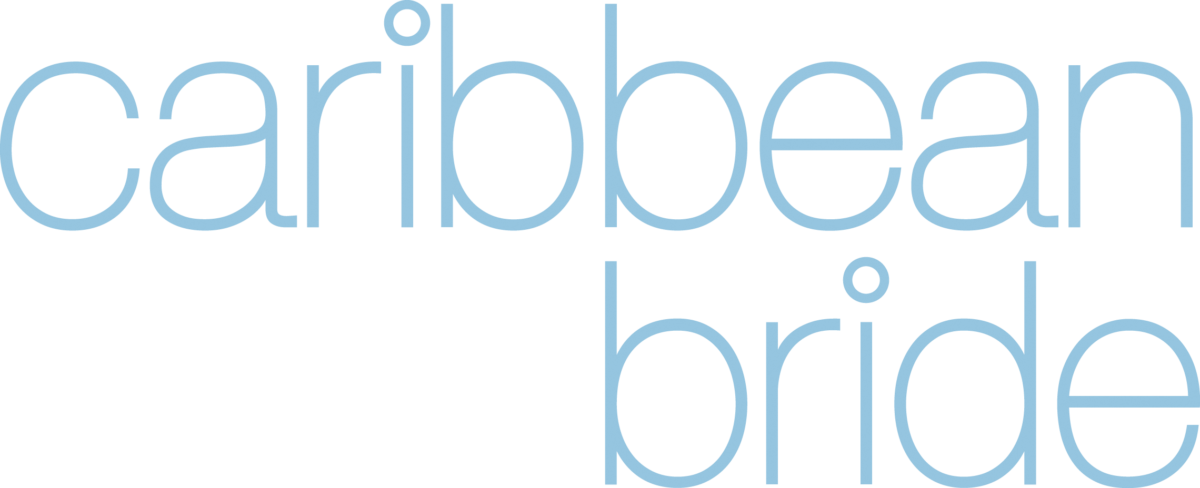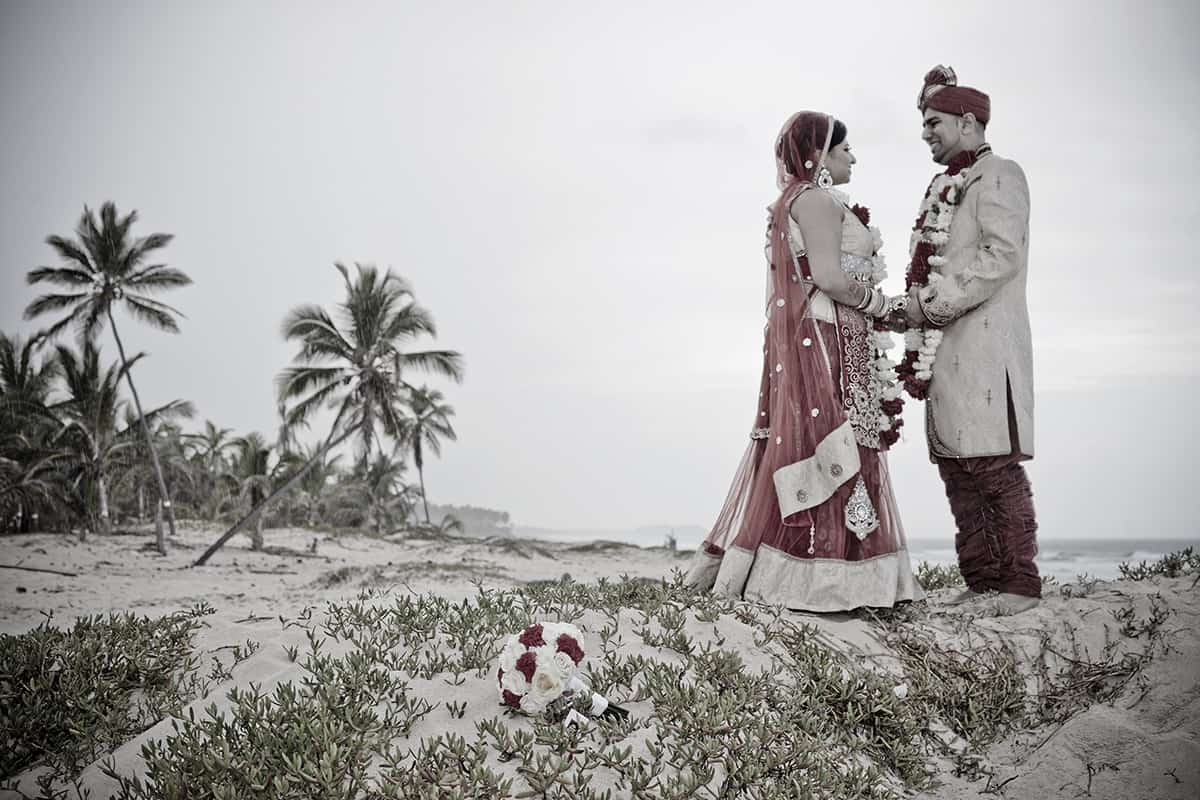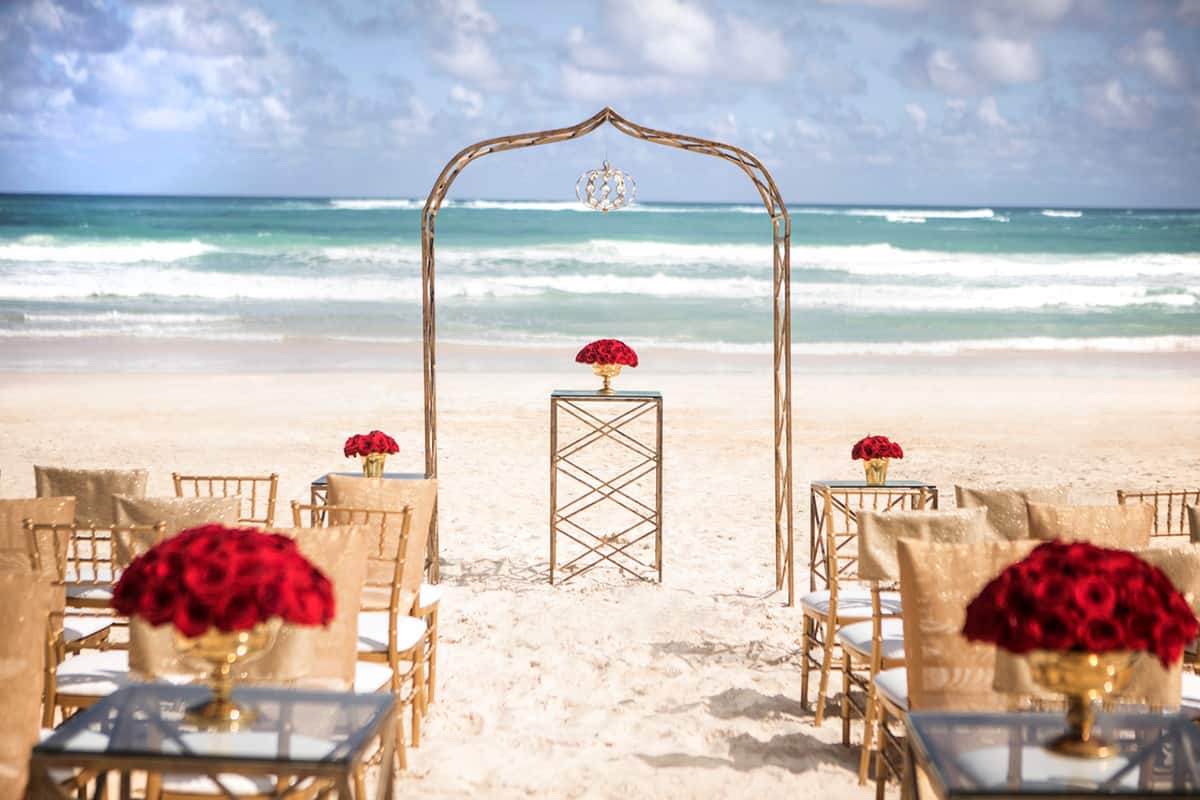There’s no place quite like the Dominican Republic. Thats because its history is the result of an unlikely mixture of influences; nowhere else will you find a blending of European, African, and native Taano Indian cultures.
These distinct cultures still drive the social identity of the people today. Every aspect of their food, music, art, sports and religion provides a unique insight into the development of their country. In a single day you can experience both ancient and modern cultures from around the globe.
Nowhere is this more evident than in their food. As a former Spanish Colony, many of its dishes carry a familiar Latin American feel. Lots of rice, beans, meat and seafood can be found in their cuisine. However, strong influences from its heritage give the meals a unique twist. Traditional Taano dishes are still made featuring yucca, plantains, and potatoes; as well as African recipes using similar native ingredient.
The climate of the Dominican Republic is mostly tropical. The annual average temperature is 25 °C (77 °F). At higher elevations, the temperature averages 18 °C (64.4 °F) while near sea level the average temperature is 28 °C (82.4 °F). Low temperatures of 0 °C (32 °F) are possible in the mountains while high temperatures of 40 °C (104 °F) are possible in protected valleys. January and February are the coolest months of the year, while August is the hottest month. The wet season along the northern coast lasts from November through January. Elsewhere, the wet season stretches from May through November, with May being the wettest month.
For more information visit www.godominicanrepublic.com
Events & Festivals
February: Carnival
June: Merengue Festival
October: Jazz Festival
November: International Film Festival
Marriage Requirements:
- Document of single unmarried status (divorce or widow(er) certificate. Ten months must have elapsed since the date of the last divorce.
- A photocopy of the passport of the bride and groom (or other document used to enter the Dominican Republic.
- Photocopies of the passports of the witnesses who are not family members.
- Certificate of Single Status for each of the parties.
- All documents must be authenticated by the couples’ nearest Dominican Consulate before they arrive in the country.
- All documents must be legally translated into Spanish in such consulate or by a legal interpreter in the Dominican Republic.
* We try to keep this info as current as possible so please contact the local tourism office for any changes.









